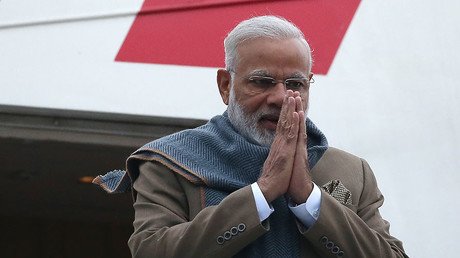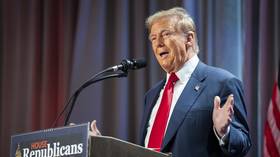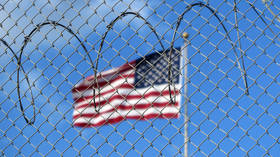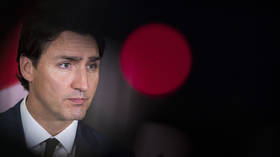Eurasian Economic Union today
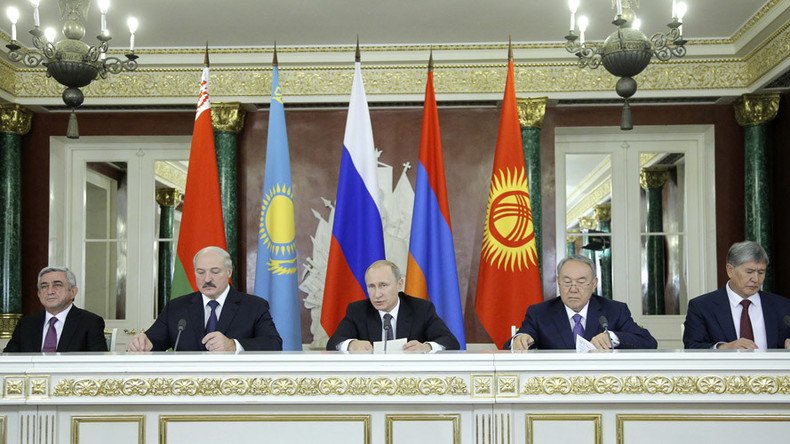
Though hardly noticeable in the Western media, the Eurasian economic cooperation is booming, with the Eurasian Economic Union (EAEU) becoming an increasingly effective integration project.
The unique format of enhanced economic coordination along with the EAEU member states’ retained political sovereignty and cultural identity is proving itself.
The EAEU is steadily moving ahead in terms of shaping its regulatory framework, creating a genuinely sustainable integration structure as well as space based on principles of free movement of goods, services, labor, and capital. Among this year's achievements are the start of a common market for medicines and medical products, the signing of the Treaty on the Customs Code of the EAEU (which will come into force on January 1, 2018), as well as further significant steps toward the ambitious goals of forming a coordinated transport policy, the establishing of the common energy market and common financial market (including the proposed creation of the EAEU Financial Regulator), shaping the digital agenda of the Union etc.
Recent years have been marked by growing enthusiasm of some countries and organizations around the world to establish and deepen relations with the EAEU. This trend has been embodied in different ways: the conclusion of free trade agreements (for example, with Vietnam), the signing of memorandums of cooperation, granting observer country status (with the Republic of Moldova), the elaboration of applied agreements regarding trade regulation, customs issues, etc. (with China), the ongoing institutionalization of the cooperation with other leading regional integration organizations (ASEAN).
Among the international organizations carrying on a dialogue with the Eurasian Economic Commission are UNCTAD, UNIDO, FAO, SCO, OECD, IMF, and others. Whatever the content, the tendency is clear: the Eurasian Economic Union has become an established multinational organization, beneficial for all its member states and recognized by many foreign partners.
The statements, views and opinions expressed in this column are solely those of the author and do not necessarily represent those of RT.

